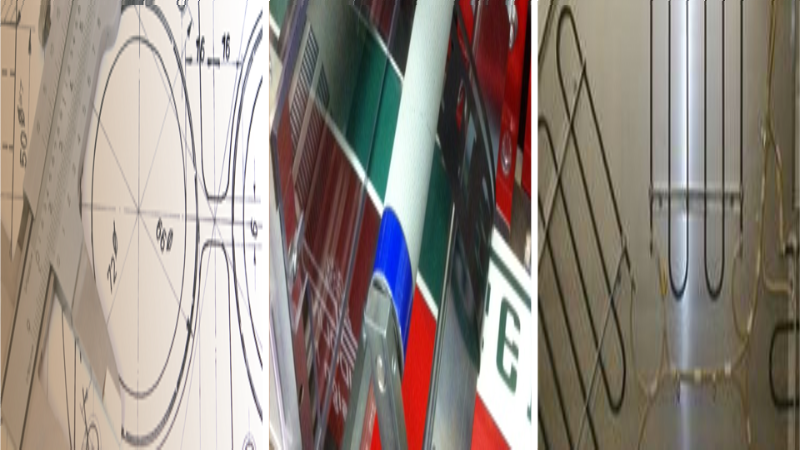The term “kiss cut tape” may be unfamiliar to you, but tapes of this kind are found in many areas of our everyday lives. In the automotive industry, kiss cut tape is used for various types of gaskets and after-market parts while in the health care industry it can be found in patient care equipment and various components for diagnostic equipment. Speakers, amplifiers, and microphones as well as antennas, amplifiers, cellular network base stations, access panels, and networking gear use kiss cut tape for insulation and sealing components.
Kiss Cutting Process
Kiss Cutting is one of the most popular methods for creating pressure-sensitive adhesive tapes. Pressure sensitive adhesive tapes provide a highly efficient and effective way to suit a broad range of assembly applications.
The perimeter of each label is cut by a laser beam or a sharp metal die, but the cut does not penetrate the backing material or self-adhesive liner of the label. A clean cut is made all the way through the peel-off portion of the label, but it barely touches or “kisses” the liner sheet, hence the name for the process and the resulting label that is produced. In this way, single or multiple labels can stay on a sheet until the end-user needs to remove them.
Kiss Cut Tape Materials
Kiss cut tapes typically have an adhesive backed seal. These adhesives can be made of acrylic, silicone, rubber, or a hybrid of materials so that the kiss cut can be made for “peel and stick” applications. Acrylic adhesives have a strong bond and are tolerant of high temperatures. Silicone adhesives can also withstand high temperatures and are best for silicone substrates. Rubber adhesives are cost effective and have a quick stick capability. The choice of adhesive depends on the applications and other properties such as chemical resistance, bond strength, temperature and environmental factors.
Advantages
kiss cut tape provides many benefits of adhesive bonding. It can bond dissimilar substrates and can reduce the need for fasteners. It can reduce assembly time and typically have a uniform thickness and so are best when used to fill gaps in a substrate.
Engineered Materials Inc. has been meeting the needs of its customers by providing merit and value to its customers since 1994. It is a supplier of custom fabricated products and also sells and distributes its materials to the industrial marketplace. For more information, go to website.

